Politics and Government: Organizations and Institutions
Peace Movements in Israel
Jessica Blanche Peixotto
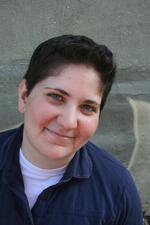
Miriam Zoila Pérez
Florence Perlman
Florence Bierman Perlman was one of the women responsible for shaping Hadassah into its role of national prominence. A national board member of Hadassah from 1938 until her death in 1975, Perlman also held many other important positions within the organization.
Ina Perlman
Ina Perlman was a hands-on anti-Apartheid fighter and the face of “Operation Hunger,” which saved the lives of countless Black South Africans facing death and starvation in Apartheid South Africa.
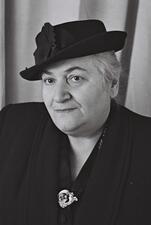
Shoshana Persitz
Born in Russia to wealthy parents, Shoshana Persitz was a passionate Zionist and a leader in education reform. She operated a Hebrew-language publishing house in Russia before making Aliyah to Israel, where she continued in publishing and served three terms in the Knesset.

Rose Pesotta
Rose Pesotta was an iconic labor organizer and president of the International Ladies' Garment Workers Union (ILGWU) in the early twentieth century. Pesotta saw her union organizing as an opportunity to fulfill the anarchist mandate “to be among the people and teach them our ideal in practice.”
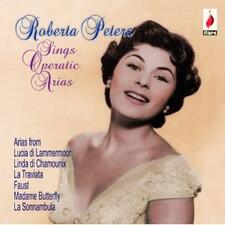
Roberta Peters
Singer Roberta Peters led a career spanning more than half a century as one of the Metropolitan Opera’s most popular sopranos. A frequent performer on the radio, television, and stages around the world, Peters was also involved with many public health and Jewish organizations throughout her life.
Alice S. Petluck
Alice S. Petluck was one of the first women in the United States to attend law school and to practice in New York. She was a prominent social reformer in the early twentieth century who, through her example, was able to open the door for generations of future female lawyers.
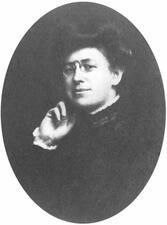
Philanthropy in the United States
In the United States, Jewish women’s philanthropy generally occurred through three main types of organizations: autonomous women’s organizations, women’s organizations that included some men, and women’s auxiliaries of male-dominated groups. In recent decades, changes in Jewish philanthropy and in gender roles have influenced contemporary styles of Jewish women’s philanthropy.
Ellen Phillips
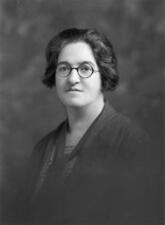
Marion Phillips
As Chief Women’s Officer of the Labour Party, Marion Phillips was one of the most important figures in the campaign to free women from domestic drudgery at the beginning of the twentieth century. Her work brought a quarter of a million women into the Labour Party.
Rebecca Machado Phillips
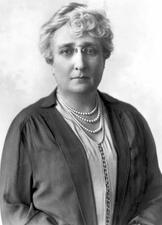
Rosalie Solomons Phillips
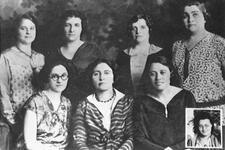
Pioneer Women in the United States
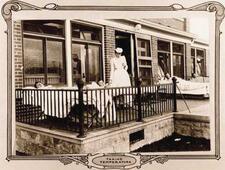
Seraphine Eppstein Pisko
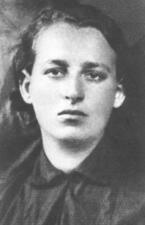
Frumka Plotniczki
Whether in her family, the kibbutz training program or the movement, what set Plotniczki apart was her ability to combine penetrating, uncompromising analysis with a loving heart and maternal compassion.
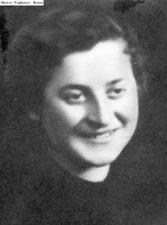
Hantze Plotniczki
Hantze Plotniczki was an active leader of and participant in resistance movements during World War II. She had a gift for connecting with people and inspiring love and action from other members of the movement.
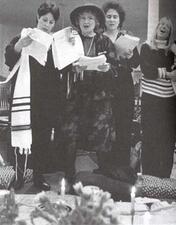
Letty Cottin Pogrebin
Letty Cottin Pogrebin--a writer, activist, editor, organizer, and advocate--gained national recognition first in the national women’s movement and later as a spokesperson for Jewish feminism and issues related to Israel-Palestine. In her work, Pogrebin writes intimately about her own life’s complexities, while echoing the experiences of millions of women.
Anna Sophia Polak
Anna Polak was an important figure in the Dutch women’s movement in the early twentieth-century, who served as director of the National Bureau of Women’s Labor in The Hague for 28 years. Her controversial views on the importance of involving women in the working world led to her international recognition; she was beloved and admired by many.
Poland: Interwar
A minority habitually ignored by scholars, Polish-Jewish women played important roles in the changing cultural and political framework of the interwar years.
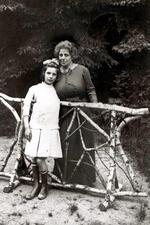
Justine Wise Polier
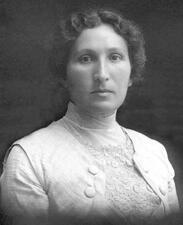
Political Parties in the Yishuv and Israel
Women’s political parties have played an important, though to date poorly acknowledged, role in the social and political history of Israel. They had a significant impact on women’s participation in power center, political and other; they placed a major part in the struggle for women’s right to vote and to be elected; they raised the issue of violence against women, and much more.
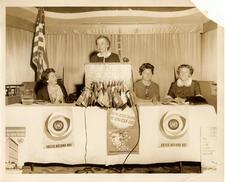
Josephine Wertheim Pomerance
Josephine Wertheim Pomerance spearheaded efforts for nuclear arms control as founder and head of the Committee for World Development and World Disarmament (CWDWD). She co-founded the CWDWD in 1950, helped to finance the organization, and led its efforts to convince Americans to support global development and oppose nuclear weapons.
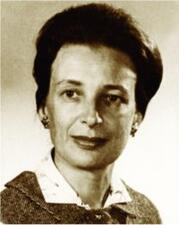
Judith Graham Pool
Judith Graham Pool was a physiologist whose scientific discoveries revolutionized the treatment of hemophilia. Pool isolated factor VIII and created a concentrate made from blood plasma that could be frozen, stored, and used by hemophiliacs in their own homes.


